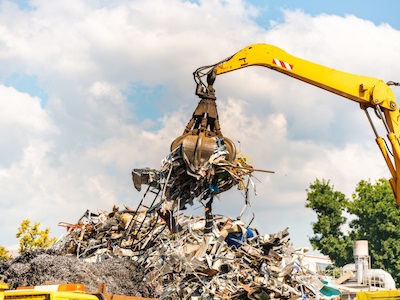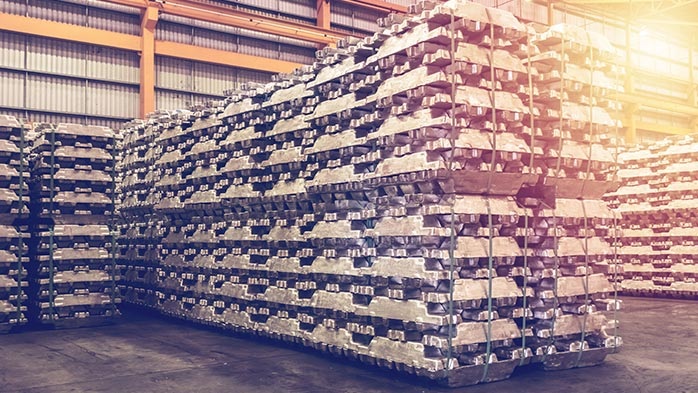Global Trade

August 12, 2025
Novelis' Q2 margin squeeze amid diverging end markets
Written by Nicholas Bell
Novelis’ fiscal quarter results highlight margin compression in the U.S. flat-rolled product market where end-use trends are diverging.
While beverage can sheet demand provided a welcome tailwind, the automotive body sheet market continued to present headwinds, eroding overall profitability.
The company posted a 13% year-over-year increase in sales to $4.7 billion in the second quarter of 2025, but net income fell 36% to $96 million as cost pressures and market mix undercut top-line gains.
For a regional comparable, Q2’25 third-party sales in North America jumped 17% to $2 billion from the prior year period, while adjusted EBITDA dropped 27% in the region $133 million over the same period.
Margins under pressure
Higher conversion costs eroded much of the benefit from strong beverage demand. CRU commentary suggests the lag between the Midwest Premium incorporating the impact of the 50% tariff in its unit price created a window to push through higher conversion fees, particularly for common alloy, but that the increase past the 70¢/lb mark has largely closed that arbitrage opportunity.
North American third-party rolled product shipments were essentially unchanged at 389,000 metric tons (mt), with total rolled shipments across all regions edged up a little more than 1% to 963,000 mt.
Novelis noted strong beverage can shipments in the region but given that total third-party shipments for North America rose by only 0.2%, automotive tonnage appears to have dropped materially.
The implication is the Oswego, N.Y., facility central to Novelis’ automotive sheet production ran below prior-year throughput levels, unless there’s significant lag between production and delivery, further pressuring average conversion margins given the higher value-added mix in automotive grades.
Tariff bite
Tariffs were the largest single headwind in the quarter, costing Novelis $28 million. The company’s U.S. sales rely heavily on imports from its South Korean rolling mill, which were subject to the full 50% duty. That hit was partially offset by arbitrage opportunities between lower Asian delivery premiums and a higher U.S. Midwest Premium, helping to cushion some of the import cost impact.
Management also noted the Kingston, Ontario, mill was hit by tariffs on exports to the U.S., though the site’s common alloy 3XXX and 5XXX series output contrasts with Oswego’s higher-value automotive production.
Recycled content strategy
On the sustainability side, management reiterated the company’s average recycled content remains “hovering around” its prior 63% level on the earnings call.
Chief Financial Officer Dev Ahuja expressed confidence in reaching their 75% target by 2030, citing ongoing investment in technologies to process more end-of-life and higher-contamination scrap streams.
The aim is to lift recycled content not only in beverage can sheet, but particularly in automotive and building & construction products.
Fresh capacity
The company has targeted a product mix at their greenfield Bay Minette, Alabama rolling mill under construction of 70% for beverage can sheet production (420,000 mt/yr) and 30% for automotive flat-rolled products (180,000 mt/yr) with the option of pivoting to other end sectors as demand dictates. The mill, which has 600,000 mt/yr nameplate capacity, is expected to start in the first half of 2026.
Adding competitive pressure, Aluminum Dynamics Inc., (ADI) is ramping up its Columbus, Mississippi mill to 75% capacity utilization heading into 2026, with 45% of its output targeted for beverage can sheet and another 35% for automotive sheet.
Based on that allocation, and assuming a similar recycled content rate to Novelis’ 63%, ADI’s beverage can sheet production could require as much as 135,000-140,000 metric tons of used beverage can scrap annually. That is well short of the 85% recycled content target ADI set for beverage can sheet as recently as last year, suggesting potential tightening in can scrap supply as the mill comes online.








